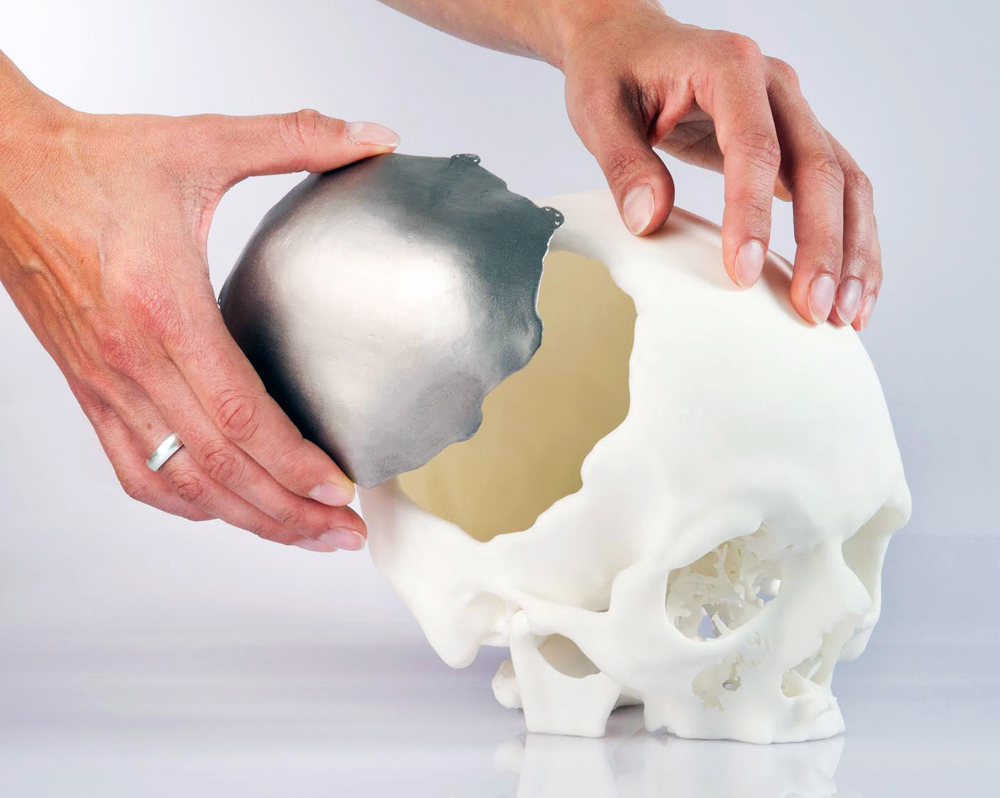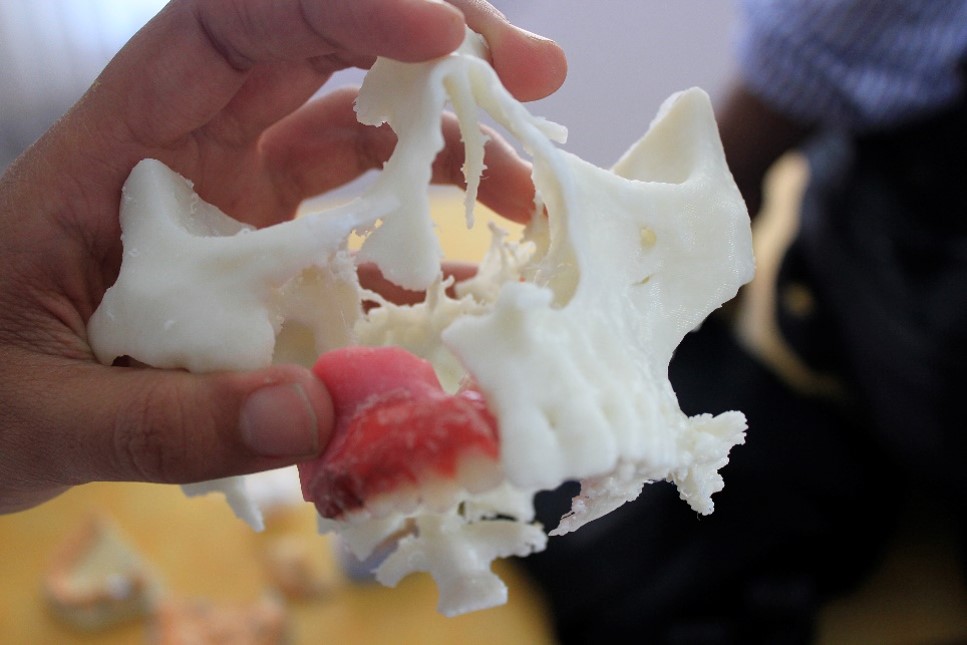Maria Livia Rizzo is a young lawyer from Bologna specializing in legal medicine. Together with Marco Giacomello, a lawyer specializing in copyright and intellectual property, she co-founded Legal3DPrinting, an initiative seeking to address many of the issues that 3D printing will come to face, from a legal point of view, even before they become more urgent.
“New legal issues always come up with every new technology,” Maria Livia says, “and I, together with Marco, intend to study them from every aspect, from those related to manufacturing dynamics to the world of design and medical applications.”
As Maria explained, one issue that is becoming very clear is that a “desktop manufacturing device” eliminates the boundary between user and producer, enabling anyone to 3D print any object they want without any further control. “This is particularly apparent and mediatically relevant in the case of plastic weapons,” Maria Livia explained, “However it is applicable to any type of product, from toys to food containers.”
One other aspect that Maria Livia sees as a big shift in the relationship between manufacturer and consumer is that the final user now has new possibilities that were never considered before, such as, for example, replacing parts of a product that break or are damaged by 3D printed objects. In these cases, what changes is the responsibility mechanism. In other words, it becomes less clear who is responsible for covering the cost of repair and to what extent the user should be able to apply modifications to a product he or she has purchased.
These are all themes that become even more relevant in the medical field. These are the issues that Legal3DPrinting follows more closely. Specifically, Maria Livia is currently studying the regulations and responsibilities in the field of medical devices – something that is already a reality to be dealt with – while, at the same time, she is looking at the future ethical implications of commercial bioprinting and organ manufacturing.
“Many aspects of bioprinting are just theoretical at this point,” Maria Livia says, “However, I believe that they need to be considered now, as, when they will become standard practice, it will be too late to do it properly. This occurs because legal times often take much longer than those of technological evolution. We are going to need specific regulations for producing biological materials from human stem cells and these processes require a debate.”
This debate, Maria Livia argues, will have to begin from the assumption that bioprinting has the potential to save lives and – as medical experts seem to agree – holds a great potential for the well being of humanity. “My job is to understand how the application of professional responsibility will shift over time with the implementation of these new techniques, and which are the ethical issues that will affect them,” she points out.
For example, personal medical devices don’t require CE approval and 3D printed prosthetics are considered as such (even those for internal use), with all that follows. To regulate it, Italy follows the Machine Directory of the Consumer Code, as per the European Community norms. There is no specific norm for 3D printed prosthetics. To better understand how to deal with this, lawyers are beginning to study the case literature, especially that which originates from Anglo-Saxon countries, where the law is based on juridical precedents and is, thus, more dynamic.
“Documenting yourself on these subjects is still not that easy for lawyers and that is why we created Legal3DPrinting,” Maria Livia says. “We want to create a network with experiences on all legal aspects of 3D printing: IP protection, bioprinting, piracy, industrial espionage, unfair competition. This technology is changing many of the present paradigms: we want to make sure that laws and regulations support this shift in technology instead of slowing it down. If the laws are too strict you risk suffocating progress. Starting this debate early will make it possible legislate in a way that can both protect consumers and support innovation.”
Legal3DPrinting is starting out as an Italy-centered project, but it is planning on expanding to provide a multi-language, international resource to all those who will be affected or are simply interested in the legal issues concerning the evolution of 3D printing. At the rate things are going, that is quite target audience.





